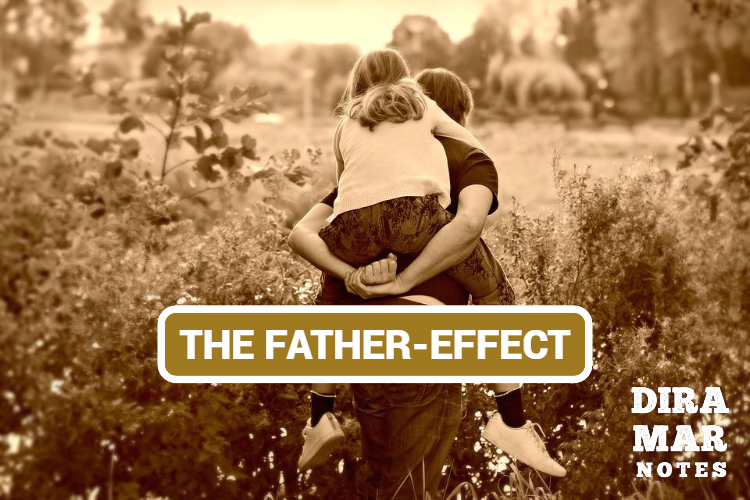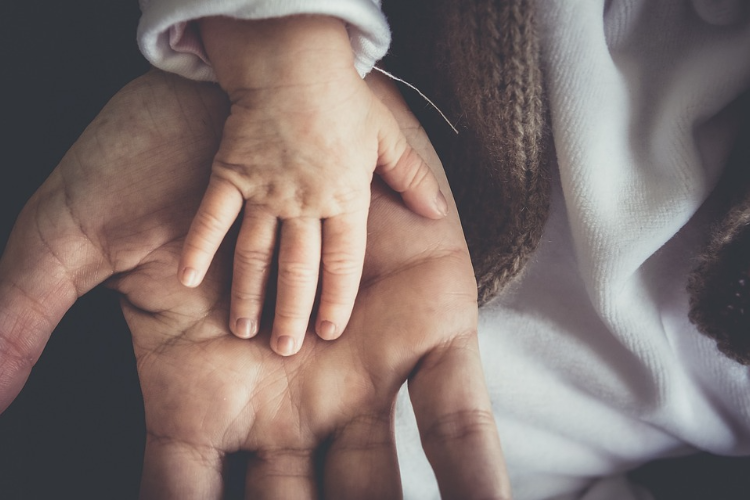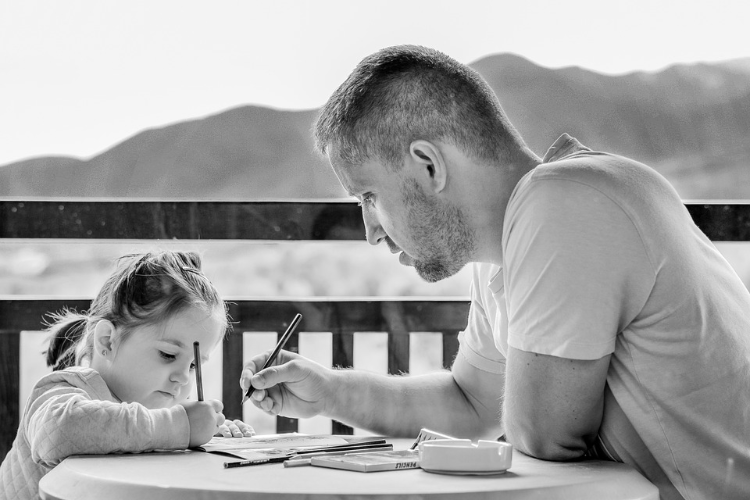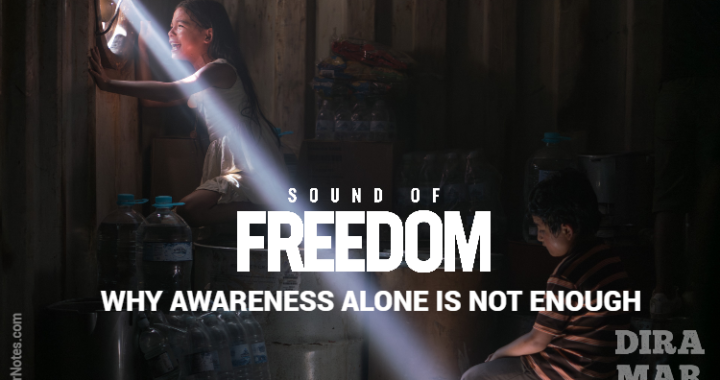
THE FATHER-EFFECT
As the world is turning upside down with the disintegration of the family unit and the disappearance of committed relationships in society, mostly promoted by pop culture, is making the task of raising a family more and more difficult for many. Especially for a father.
Both the mother and the father have important roles in raising and educating their children. When one is missing either physically or mentally growing up becomes challenging. Unfortunately, it has become common for the father to be absent physically, but you also have fathers with internal issues that become absent because of that.
The importance of the role that fathers play in the lives of their children, has not always been fully appreciated by society, the courts, and social service organizations. It got worse over the last decades as the united family foundation is beaten down by cultural, societal, and financial trends that support the broken family structure.
Mothers and fathers give different but equally important things to their children, who need both to be fully engaged throughout their upbringing to have the best chance of being successful in life. A person enters fatherhood when they become a father when their child is born, but it can also happen through adoption or by marrying someone with children. You also have those that take over the role of the father figure but don’t have any direct relation to the child.

THE FATHER-EFFECT
The “father effect” is the umbrella term for the benefits of a paternal presence. Of course, a father’s active participation in the family is always preferable. “There needs to be a minimum amount of time spent together, but the quality of time is more important than the quantity of time,” according to Paul Amato, Ph.D., a sociologist who studies parent-child relationships at Pennsylvania State University.
Children want to make their fathers proud, and an involved father promotes inner growth and strength. Studies have shown that when fathers are affectionate and supportive, it greatly affects a child’s cognitive and social development. It also instills an overall sense of well-being and self-confidence and enjoys stronger and more healthy relationships in adulthood.
When fathers are actively involved with their children, children do better. Research suggests that fathers are important for a child’s development. Fatherly love helps children develop a sense of their place in the world, which helps their social, emotional, and cognitive development and functioning.

Moreover, children who receive more love from their fathers are less likely to struggle with behavioral or substance abuse problems. Research shows that children absorb the moral values which underpin adult decisions from how they see their fathers engaging in the world. Researchers have known for a while that kids who feel the loving presence of their father are less likely to use drugs and do better in school.
A good dad exhibits pro-social behavior and installs a reliable moral compass in his children but being a good dad is a challenging task. I feel that fathers’ struggles are generally dismissed especially those that at least try.
Men are known for not being able to ask for help when they need it but those who do are seen as weak. This is just wrong. In recent years I haven’t seen a film with a father-centric theme and I’m sure there are stories to tell. There are fathers battling their own inner demons but never giving up on their children.
The sad part is that they don’t get support from society or the government. Consequently, many let their inner demons consume them and the courts and social service organizations use this to question their fatherhood. I wish there was a way to provide help to men who need it but are afraid to ask for help.
THINKING ABOUT DAD
When I was a kid, we used to spend a lot of time watching films and having fun. My dad loved to watch movies from Bruce Lee, Bronson, Steven Seagal, Van Damme, Stallone, Schwarzenegger, the westerns, martial arts, etc. And I used to watch all of them with him. They were very unconventional films for a little girl to watch but he didn’t care.
My father was always there physically but as I grew up, I noticed his absence as a nurturing father, especially during the time he lost the job that he loved so much. He was there but was always preoccupied with something and with a bad temper. Watching films turned into a quiet event. The fun was gone.
I know that there are many who don’t have their father’s presence in their lives. I am left with a small sense of gratitude that I recognized his poor role modeling for what it was and still cherish those few moments of fun we had. Fortunately, for many, remembering the love and lessons of your dad will evoke many tender memories, and you will cherish them. But for others, who have perhaps struggled mightily, the is a reminder of lessons not learned and of a shadowy, frustrated angry presence that faded over time.
Why does this happen? It is expected for males in society to deal with their struggles alone instead of asking for help. I’m sure that would my father had someone, a therapist or psychiatrist, to go to he would have been able to deal with his inner demons. That is another stigma that people get in a society that they don’t want to go to the doctor for mental issues only for the physical ones.
There is also the issue that in many societies you will barely find doctors to deal with physical injuries, where would they find doctors specialized in mental issues? Mental issues are not just the extreme that we all think about a psychiatrist and a mental institution.
Also the stress, traumas, and difficult situations that are not dealt with in a timely impact the way we behave with others. Traumas, stress, and other mental illnesses are not dealt with at all unless you have the money to pay for the psychologists’ expensive treatments.

FINAL THOUGHTS
According to research fathers who are actively involved in their kids’ lives, helping to care for them, and playfully engaging with them, also tend to manage their moments of marital conflict more skillfully. This strengthens the family and bestows long-term benefits on children.
The father effect is important and will have an impact on the child’s life one way or the other when it’s absent. In many instances, it’s a negative one, especially for boys that did not have that father figure in their lives.
Involved fathers who nurture, engage with, and attend to their children are not only dealing with the tasks at hand, but they are also enhancing their kid’s language and cognitive skills. When fathers, the protectors of the family, are not well mentally or financially shouldn’t they also have the right to get help without being judged?
The above notes are my opinion based on life experiences and sources referenced in the text as links. I’m not sure if the links will be working in the future but just in case you can always check them if they are broken using tools such as the Wayback Machine on Internet Archive, a non-profit library of millions of free books, movies, software, music, websites, and more. The date of the article or a week before should be timewise a good place to start.
My notes are all set. Let me know what you think.
See you on the next page: THE FATHER-EFFECT IN FILMS VOL.1




My father came later in my life and it changed everything. He mentored me through difficult stuff and now I take care of him as he gets older. I know that I am one of the lucky ones but having someone to look up to is very important growing up. Thanks for sharing your views on the topic.
Hi Dave,
Thank you so much for sharing part of your story and thank you for your support.
Have a wonderful day!